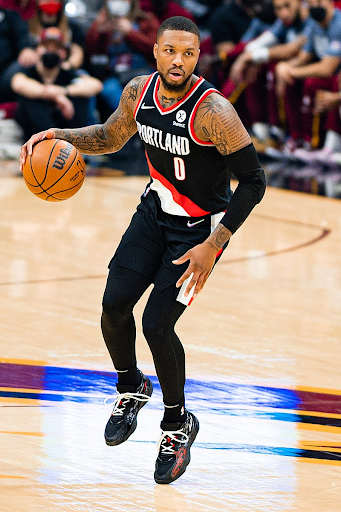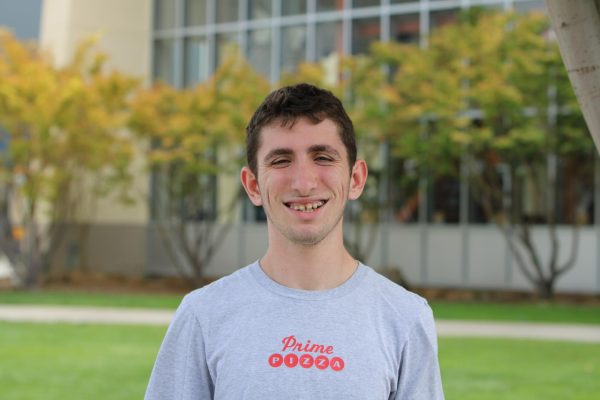Damian Lillard, seven-time National Basketball Association (NBA) All-Star, was officially traded to the Milwaukee Bucks, one of the league’s best teams in recent years, on Wednesday, September 27, making the Bucks one of the league’s most overpowered teams. The trade sparked much buzz in the NBA world, as it represents a dying trend: player commitment.
Prior to the trade, Lillard was one of the longest-tenured players on any NBA franchise, playing for over a decade on the Portland Trail Blazers. He was consistently the team’s leading scorer, carried his team through many playoff runs and was known for his no-nonsense attitude.
So, why was he traded? To clarify, the team didn’t actually trade Lillard; he basically traded himself. At the time, he still had four years left in his contract with Portland, but following Portland’s poor 2023 season, Lillard’s selfish solution was finding a personal trade deal, making an unconventional NBA trade.
Before joining the Bucks, Lillard insisted on trading to the Miami Heat, where he could succeed on a fan-favorite team with a win-now attitude. However, the Heat couldn’t offer Lillard anything enticing enough to leave Portland and, as a result, he joined the Bucks somewhat unexpectedly.
Like Lillard, the change from a once-loyal player to leaving for a superteam isn’t uncommon; rather, it’s an archetype of many NBA players. For example, James Harden, another top NBA player, fought his way onto two superteams as soon as his original team, the Houston Rockets, showed any signs of failure. And, Ben Simmons, one of the league’s most promising up-and-comers, was seen as a potential franchise player with the Philadelphia 76ers, but he was unhappy with the team’s lack of victories and refused to play in any games until they traded him.
But why is this such a big problem? Most superteams, like the Heat and the Bucks, have an elevated status over small market teams, dominating the league with wins and popularity. This causes players like Lillard to leave their smaller market teams for a better chance at winning a championship. As superteams continue to rack up top-ranked players, the rest of the league gets stuck in limbo, where they no longer have the opportunity to bring together a championship team.
For fans, it’s impossible to enjoy a league with a few teams dominating repeatedly. If top players end up at the same few destinations year after year, natural progression — seeing stories form between players and organization, instead of them desperately folding their teams to find quick success — is destroyed. The joy of watching the NBA comes from dynasties form and supporting teams layered with chemistry and depth, not watching one player force their way into being the center of attention.










